Funeral Planning
Funeral Guidelines
A Christian funeral is a difficult, yet reverent, mix of grief and joy. Joy, because we are confident in the promise of God that “neither death, nor life, nor angels, nor rulers, nor things present, nor things to come, nor powers, nor height, nor depth, nor anything else in all creation, will be able to separate us from the love of God in Christ Jesus our Lord.” Consequently, the liturgy for the dead is properly an Easter Liturgy. It finds all meaning in the resurrection. Because Jesus was raised from the dead, we too, shall be raised.
Such joy, however, does not make our grief unchristian. Quite the contrary, our grief is an expression of our love. The very love we have for each other in Christ brings deep sorrow when we are parted by death. Jesus himself wept at the grave of his friend. So, while we rejoice that one we love has entered into the nearer presence of our Lord, we sorrow in sympathy with those who mourn.
At the time of death, people turn to the Church for rituals which allow them to recognize their loss, express their grief, remember and give thanks for the life of the one who has died, mark the end of relationships which exist in this life, allow them to seek strength and comfort in their faith, and provide dignity and meaning to the end of life. The rites of the Church are appropriate at several junctures in the passage from life into death. Long before death is a reality, the church can help people plan for the funeral and address other issues and concerns. Near the point of death, the Church can be present in a ministry to the dying person and his or her family and friends. After death, there is the funeral service and committal of the body to a final resting place.
At Saint Michael, our clergy, staff, and lay volunteers will do all that we can to provide a fitting and meaning filled funeral for your loved one. We recognize that, upon the death of one we love, there are many arrangements to be made and concerns to be settled. Therefore, we will strive to make your experience here as easy and well-supported as possible.
At the Time of Death
Please call the Priest on Call for Saint Michael and All Angels Church at 214-363-5471 to report a death. The Priest on Call is available 24 hours a day and is the most direct way to receive pastoral care at the time of death. The Priest on Call will make preliminary arrangements and contact the staff. The Associate for Worship and Liturgy will be the main contact in planning your loved one’s service.
About Grief
All funerals are services in thankful memory for the life of the deceased. The Book of Common Prayer states that the body (casket or ashes) will be present for this thanksgiving. Saint Michael clergy and those who have accomplished serious training on the reality of grief agree that this not only provides a way to honor the dead, but also begins the process of accepting the reality of death and a movement toward the healing of grief. Nonetheless, please know that a Memorial Service, the Burial Office without casket or ashes, is also acceptable.
View the Funeral Planning Guide, Checklist, and Fees
Columbaria
From ancient times, Christians have considered places of burial to be sacred sites where the departed are remembered and honored.
They are places for quiet remembrance, for prayer, for families and loved ones to gather. They are places of peace.
At Saint Michael and All Angels, the Narthex Columbarium, Saint Michael Chapel Columbarium, and the Courtyard Columbarium are such places.
In the recently completed Courtyard Columbarium, elements of God’s creation are blended to create spaces of beauty and serenity, each contributing to an environment appealing to families and children, and comforting the bereaved.
A bronze Cross, turning gently with the breeze, connects our earthly existence with the heavens. Blue sky and clouds reflect into the site through specially designed mirrored niches. Rain, collected in a bronze vessel, provides water for bud vases placed on the niches’ marble plaques.
Stained glass doors provide direct access from the church to the Courtyard Columbarium, as well as the green interment area for spreading of ashes, and the Memorial Wall for name-only remembrances. In the midst is a landscaped Nave Court providing a convenient and serene venue for a committal service or other outdoor worship.
Pricing for the Saint Michael and All Angels Courtyard Columbarium
Inurnment in the Columbarium is reserved for past or present communicants of Saint Michael and All Angels Church and members of their immediate families (spouses, parents, children, grandparents, grandchildren).
Inurnment of others may be permitted by approval of the Columbarium Committee and the Vestry.
There are several ways of securing a space in the Columbarium:
- A one-time payment of the full amount.
- Installments agreed upon between the applicant and Saint Michael and All Angels Church.
Columbarium niches are available at two price levels: $6,000 for a double and $4,000 for a single. The price includes an urn and memorial plaque engraved and mounted on the niche.
Green Interment is available for those wishing their remains to be buried: $1,000 includes an engraved plaque mounted on the Memorial Wall.
Memorial Wall spaces are available for those whose remains rest elsewhere: $500 includes an engraved memorial plaque mounted on the Memorial Wall.
Contact Melisa Bray at [email protected] or call 214-692-3007 about reserving niches or other options in the Columbaria.
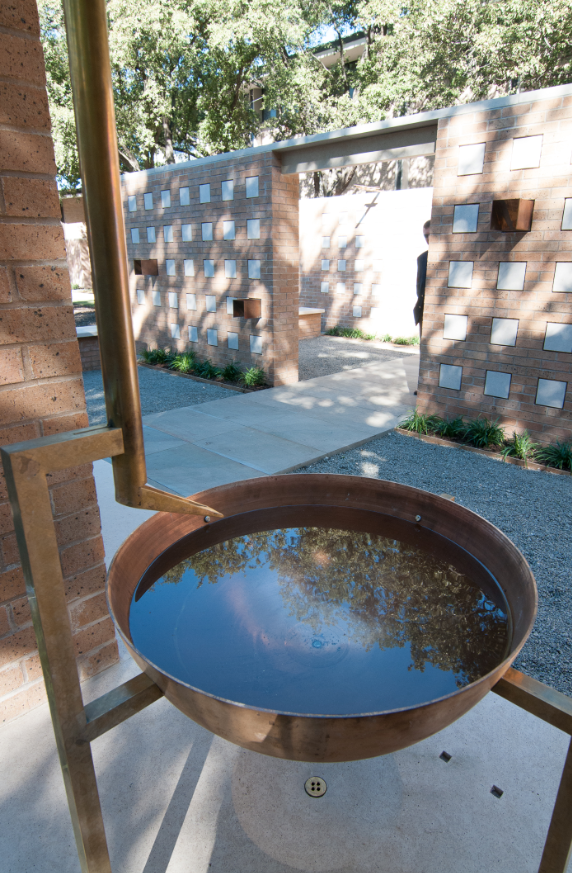
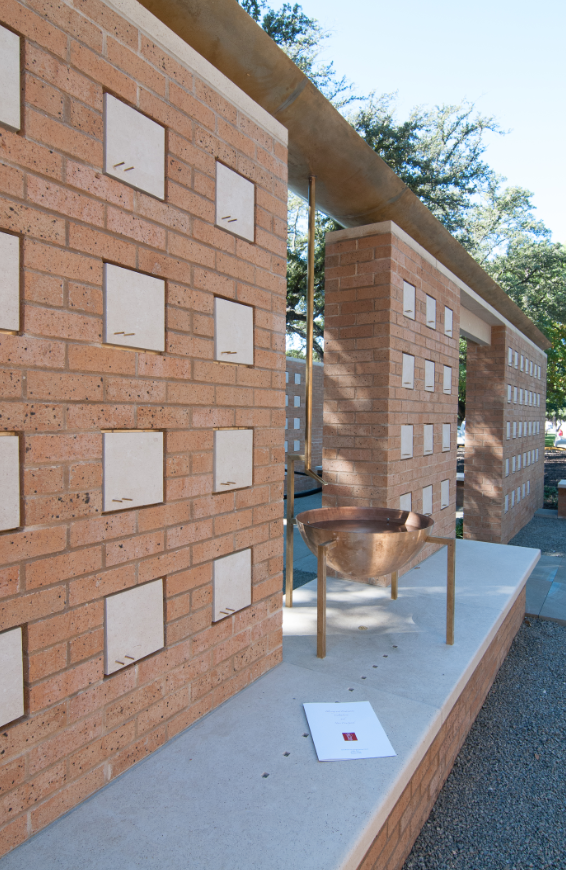
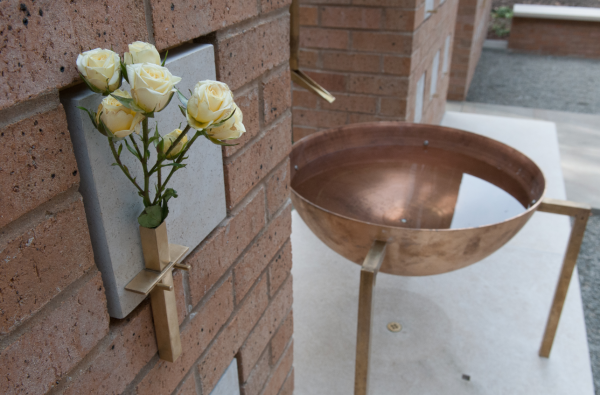
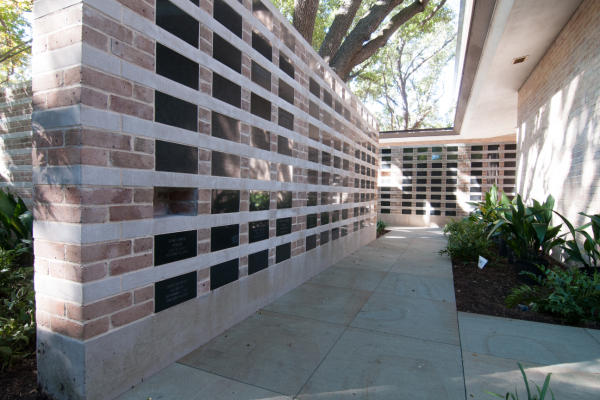
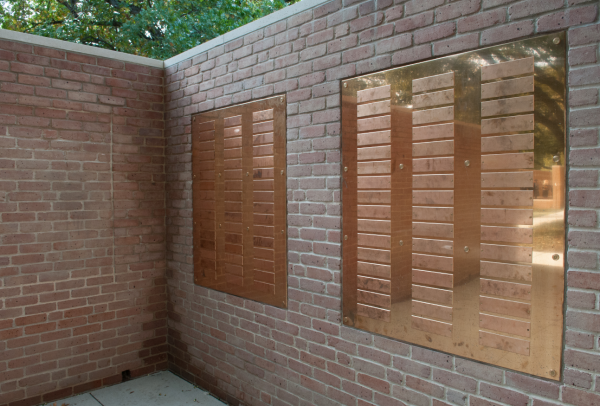
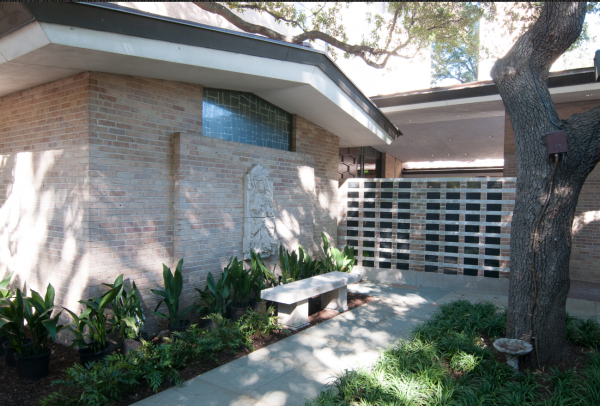
 Coordinator for Worship Media
Coordinator for Worship Media
 Director of Worship Ministries
Director of Worship Ministries
 Senior Associate for Discipleship
Senior Associate for Discipleship
 Assistant for Worship & Liturgy
Assistant for Worship & Liturgy
 Associate for Contemporary Worship
Associate for Contemporary Worship
